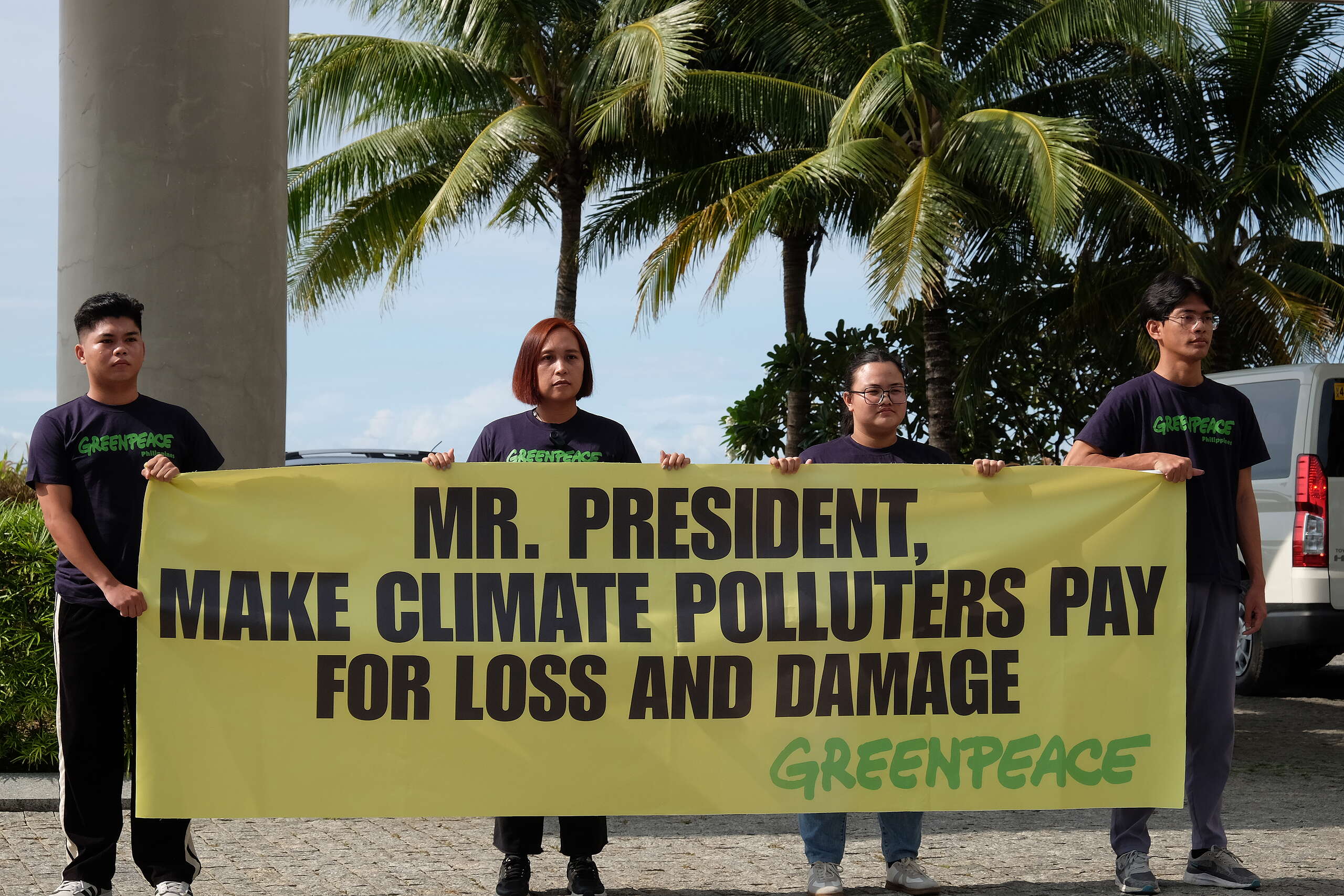Diseases and deaths attributed to coal use in the Philippines
Coal is a major public health hazard. Each stage of the coal life cycle – mining, transportation, washing, combustion, and disposing of post-combustion wastes – carries health risks that lead to lung, heart and brain diseases, as well as work-related injuries. Burning coal affects the environment, human health and wildlife, and is a major contributor to climate change.
The Philippines, which ranked 1st in the world for countries most affected by climate change in 2013, is particularly vulnerable to the health risks posed by coal use. Yet, the country continues to be heavily dependent on coal energy. More than one-third of the energy used to generate electricity in the Philippines comes from burning coal, and several new coal plants are expected to start commercial operations by 2020. The Department of Energy (DOE) continues to award new Coal Operating Contracts (COC) for exploration, with at least 39 new COCs awarded in 2015 alone.
Download the full report below:


![[Blog] WHEN THE TIDE BECOMES THE TEACHER](https://www.greenpeace.org/static/planet4-philippines-stateless/2025/06/95c8411e-9a04f785-4293-46a6-a6cf-425f0a384682.jpg)
